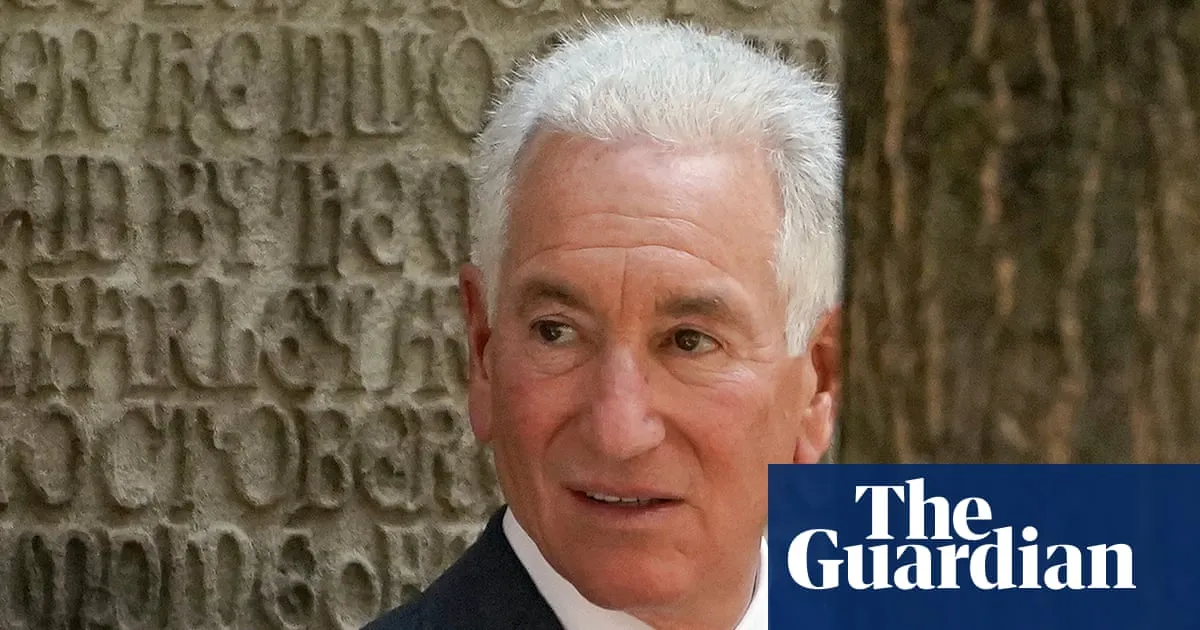
France has summoned U.S. Ambassador Charles Kushner following the publication of an open letter he wrote to President Emmanuel Macron. In this letter, Kushner accused the French government of not doing enough to combat antisemitic violence within the country. This diplomatic tension highlights the ongoing divide between France, the U.S., and Israel, particularly in the context of rising antisemitism in France.
In his letter, published in the Wall Street Journal, Kushner referenced the upcoming anniversary of the Allied Liberation of Paris, which marked the end of the deportation of Jews during the Nazi occupation. He expressed his profound concern regarding the alarming increase of antisemitism in France, stating, “In France, not a day passes without Jews assaulted in the street, synagogues or schools defaced, or Jewish-owned businesses vandalized.”
Furthermore, Kushner urged President Macron to take more decisive action by enforcing hate-crime laws and reducing public criticism of Israel. He argued that the French government’s support for recognizing a Palestinian state has exacerbated antisemitic incidents across France.
In response to Kushner’s letter, a spokesperson from the French foreign ministry declared, “France firmly refutes these latest allegations.” The ministry characterized the ambassador's claims as “unacceptable” and emphasized that the 1961 Vienna Convention prohibits ambassadors from interfering in the internal affairs of another nation. As a result, Kushner was scheduled to appear at the foreign ministry on Monday for further discussions.
Kushner’s remarks come in the wake of a letter from Israeli Prime Minister Benjamin Netanyahu to Macron earlier in the week. Netanyahu accused Macron of inadvertently contributing to antisemitism by advocating for international recognition of a Palestinian state. Macron has been vocal in his criticism of Netanyahu’s approach to the ongoing war in Gaza, particularly concerning the impact on Palestinian civilians.
In his letter, Kushner asserted that public statements criticizing Israel and gestures toward acknowledging a Palestinian state embolden extremist sentiments and jeopardize the safety of Jewish individuals in France. “In today’s world, anti-Zionism is antisemitism – plain and simple,” he stated.
France is home to the largest Jewish population in Western Europe, estimated at around half a million individuals. Additionally, it has a significant Muslim community that is particularly sensitive to the situation of Palestinians in Gaza. Both communities have reported an increase in hate crimes since the start of Israel’s military operations against Hamas.
To address rising antisemitism, Macron has publicly denounced such sentiments as contrary to French values and has increased security measures to protect Jewish institutions. His declaration in September that France would formally recognize a Palestinian state during a UN meeting drew swift criticism from Israel, marking a notable shift in diplomatic relations amidst the ongoing conflict.
With France’s move to recognize a Palestinian state, it joins a growing list of nations that have taken a stand on this contentious issue since the Gaza war began nearly two years ago. As reports indicate, at least 147 of the 193 UN member states are now recognizing or planning to recognize a Palestinian state, demonstrating a significant shift in international perspectives on the Israeli-Palestinian conflict.
As the situation evolves, the diplomatic relationship between France, the U.S., and Israel remains critical, with implications for both national security and international relations.